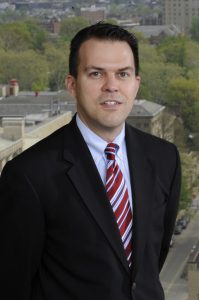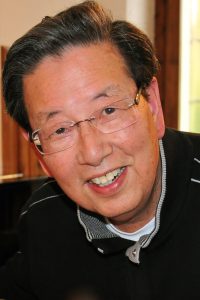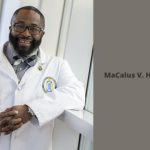Two scientists at the University of Pittsburgh were recently elected as Fellows in the International Academy of Medical and Biological Engineering (IAMBE).

Dr. William Wagner
Dr. William Wagner is the director of the McGowan Institute for Regenerative Medicine, as well as a distinguished professor of surgery, chemical engineering and bioengineering at Pitt. He was elected for his “contributions to regenerative medicine and for integrating his engineering expertise within the clinical environment.”
Wagner finds this integration to be one of the most valuable elements of working at Pitt.
“What has kept me at Pitt and UPMC for 30 years is the unique environment of integration between the clinical side and engineering research,” said Wagner. “There are very few places in the world that have this level of integration where the team understands the clinical side and can apply engineering as well.”

Dr. Savio L-Y. Woo
Dr. Savio L-Y. Woo, now retired, is the founder and director of the Musculoskeletal Research Center and a distinguished university professor emeritus of bioengineering at Pitt. He was elected for his “pivotal contributions in biomechanics and bioengineering, as well as his leadership in bringing about revolutionary treatments and rehabilitation for ligament and tendon injuries.”
Woo is known for developing the “controlled motion is good” concept in relation to knee injury treatments.
“In other words, you can keep the knee moving and find ways to treat the specific tissue that was injured, instead of immobilizing the whole knee,” said Woo. “That concept is the result of my work with many students and fellows over the years.”
The blend of clinical research, engineering mindsets and teaching experiences that have defined Wagner’s and Woo’s careers have ingrained in them both a deep compassion for their patients and a drive to be persistent problem-solvers.
“I enjoy getting students to a place where they can understand their ability to impact and invent, and to not only recognize problems, but also to attack and solve them,” said Wagner. “Fundamentally, it’s about the patients and improving their quality of life.”








